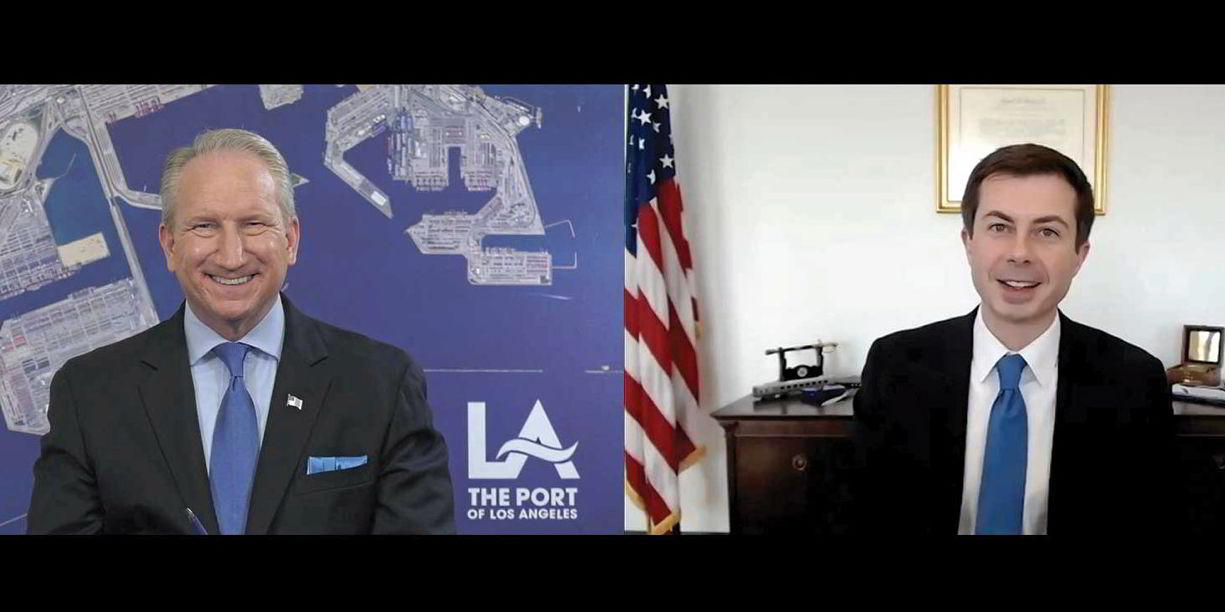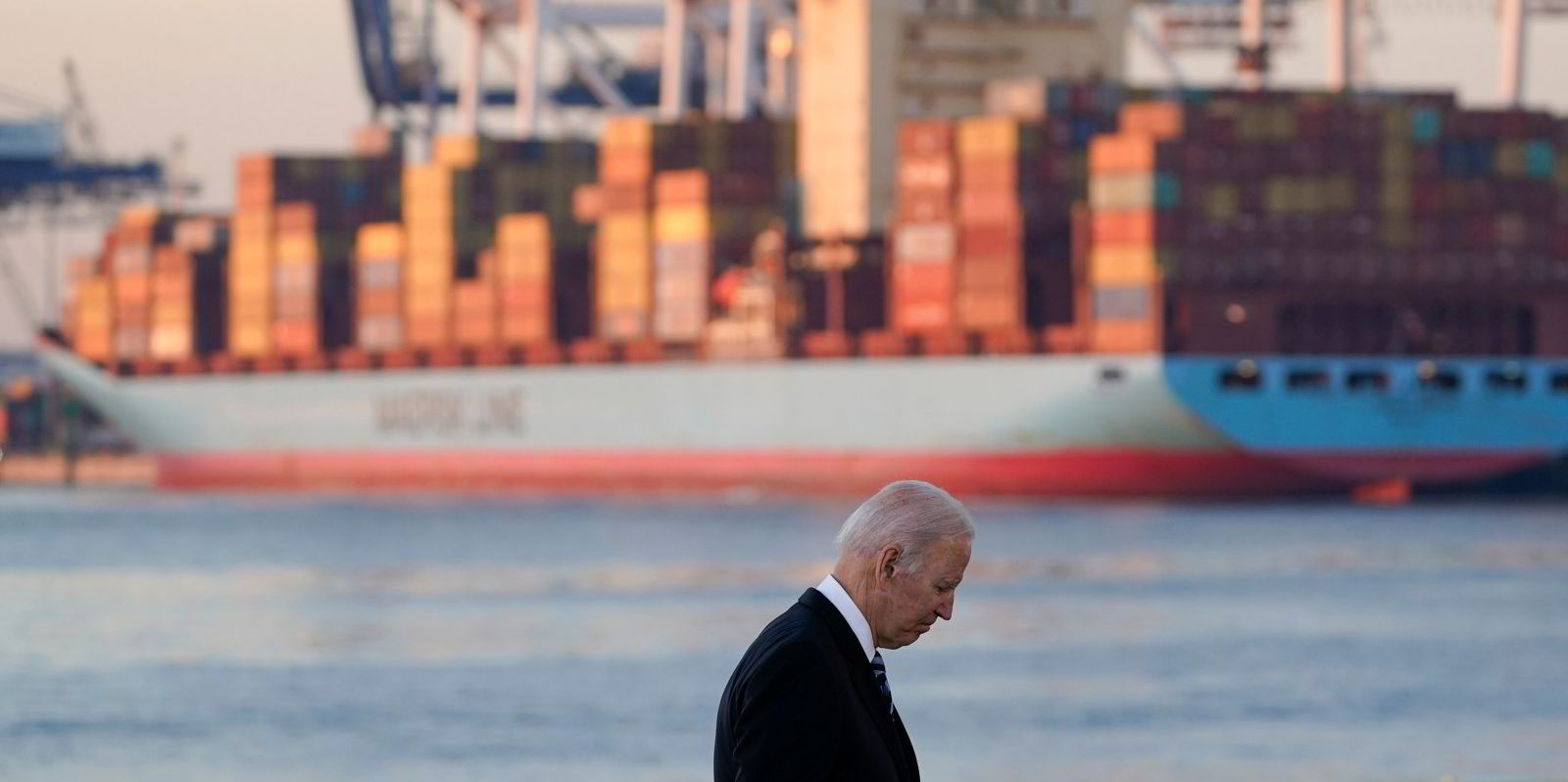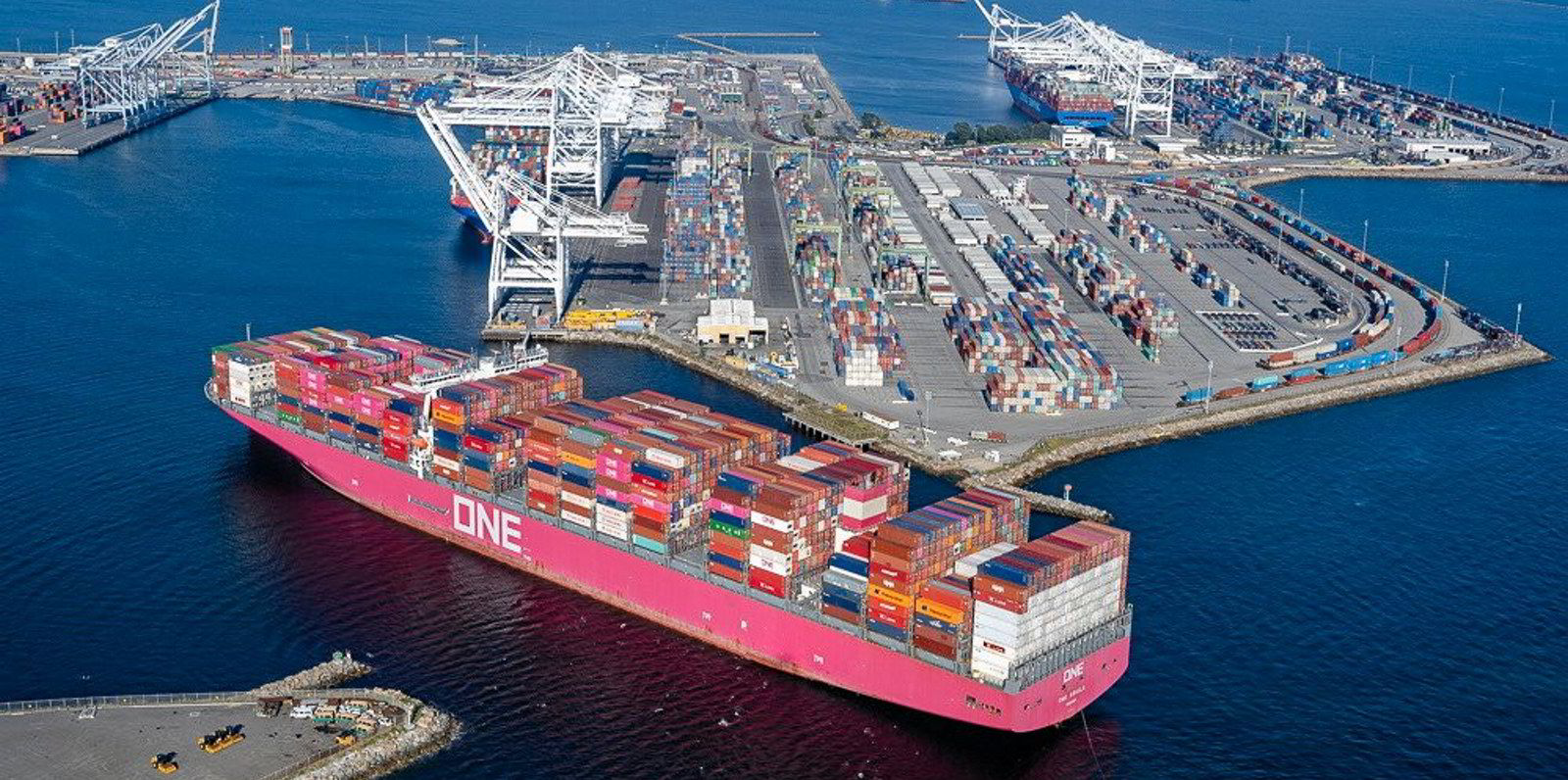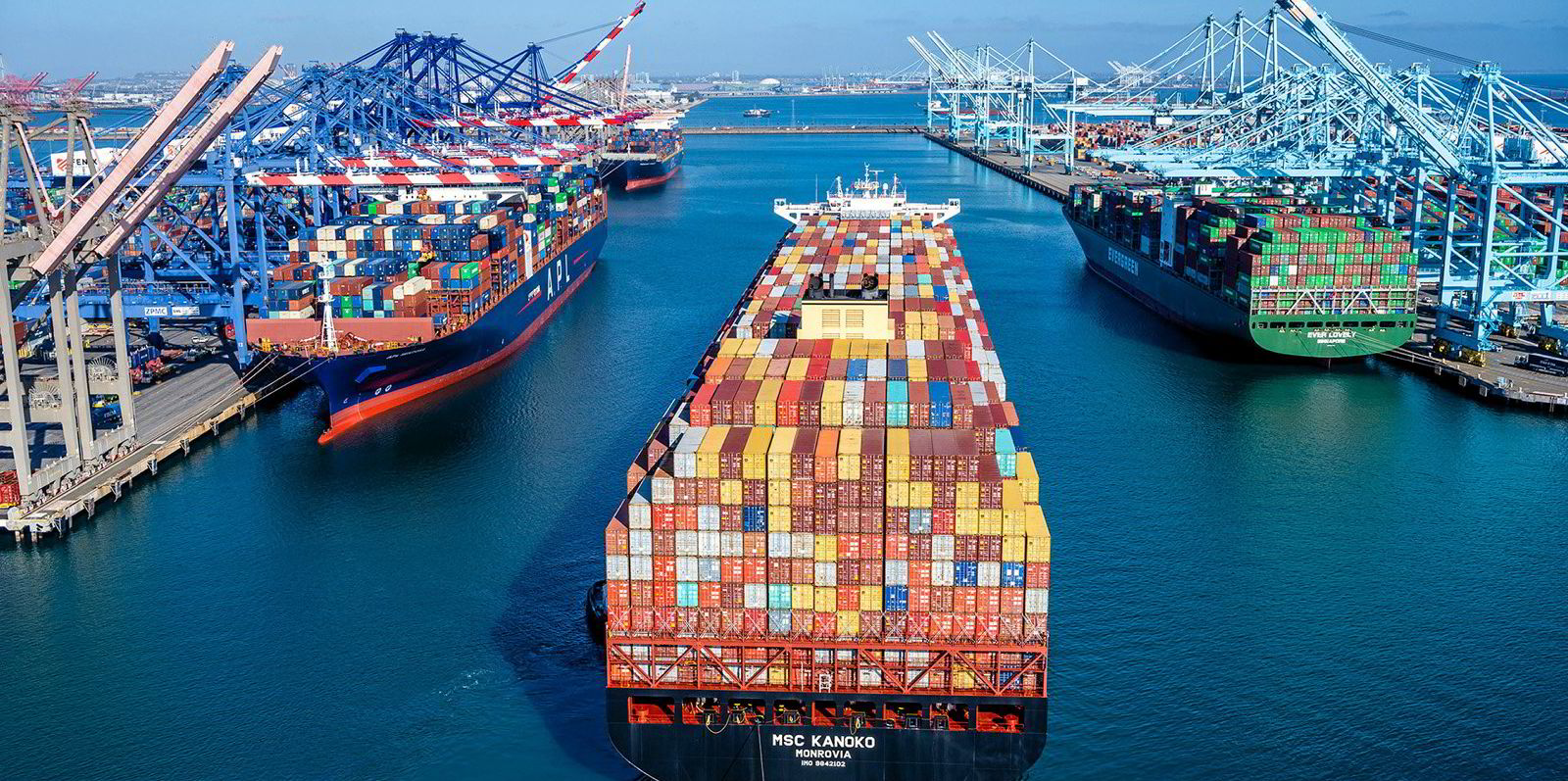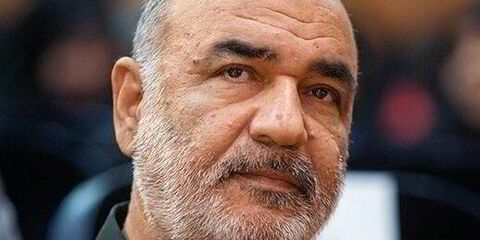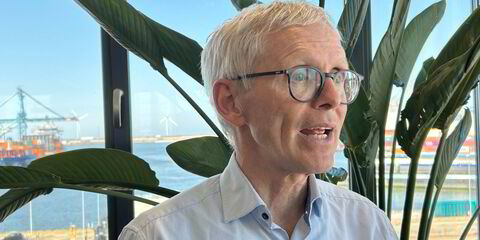US ports must seek funding from other sources besides the federal government if it wants to carry out $75bn in needed improvements, according to the nation's top transportation official.
The bipartisan $1.2trn infrastructure bill signed by US President Joe Biden on Monday covers only $17bn of the total cost that the American Association of Port Authorities (AAPA) estimates is needed.
"We're delivering a historical level of funding in order to improve ports around the country but we need to find more sources across the country," US transportation secretary Pete Buttigieg said on Tuesday during an online press conference hosted by Port of Los Angeles.
"It can't all be from federal grants. ... We're going to keep working with local, state and private partners in order to make sure that we have the kinds of resources that are needed."
The federal government is not solely responsible for addressing supply chain disruption, but any funding that it can provide can help the ports play an active role in solving problems, AAPA spokeswoman Stephanie Casella said.
"These efforts to fix problems are collaborative, and for that reason, a stream of federal funding is always desirable," she told TrtadeWinds.
The US Department of Transportation on 28 October announced that it would help California secure state, local and private funding for $530m in port improvements through a new Emerging Projects Agreement programme.
"In addition to the largest infrastructure bill in our country's history and what that makes, were going to continue looking for ways to unlock value and then of course, just as importantly, make sure that those dollars are used as efficiently as possible to give that multiplier effect when they are actually delivered," he said.
Buttigieg said the Transportation Department aims to extend this partnership to other states to help them get more infrastructure funding at the state and local levels.
Officials plans to spread its $17bn in funding to ports large and small throughout the country, he said.
"We're not going to neglect smaller operations where sometimes you get much more bang for the stable dollar precisely because they've been so under-resourced in the past," he said.
"We're going to continue working across the supply chain across the country and looking for those great grant ideas."(Copyright)
